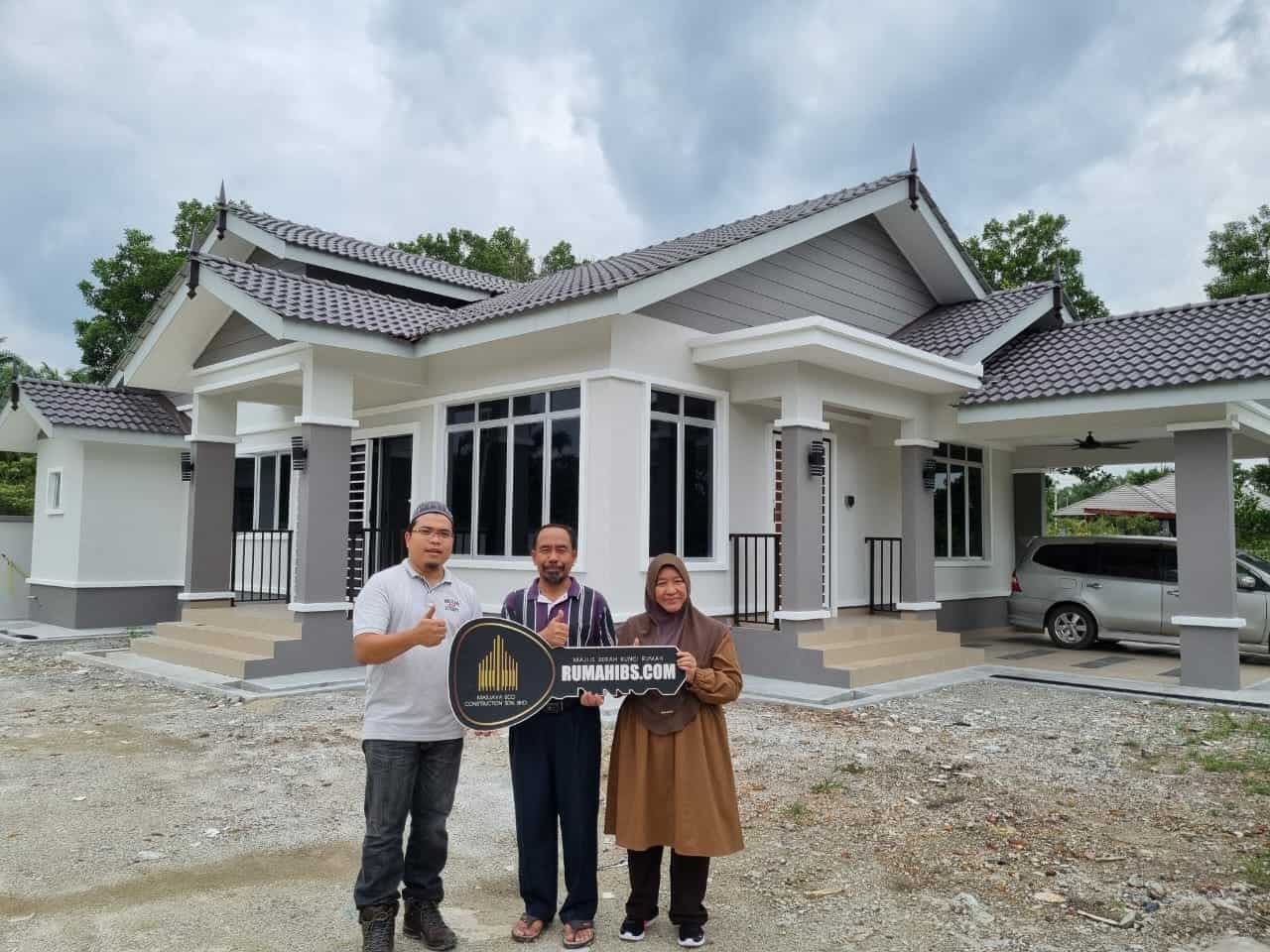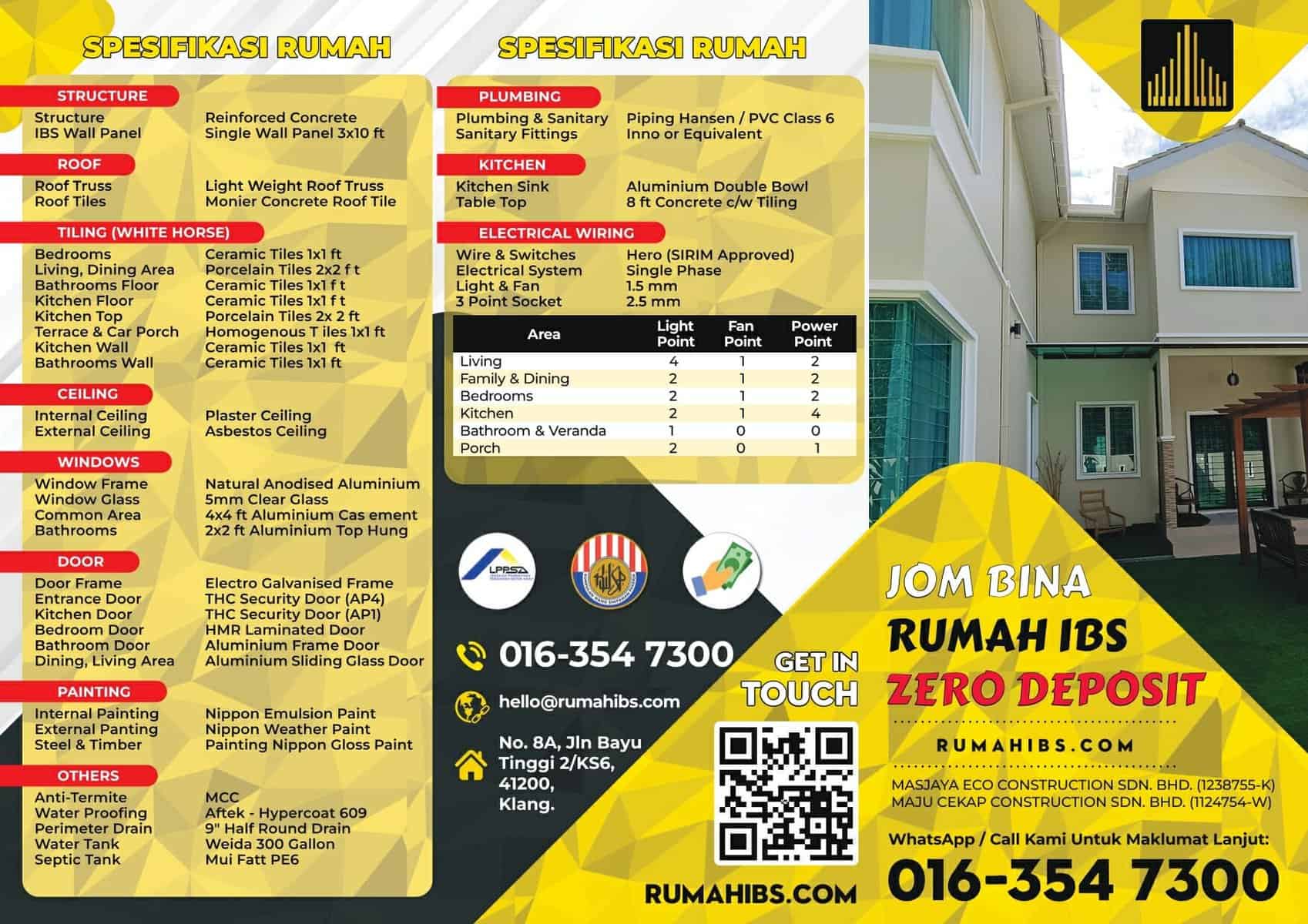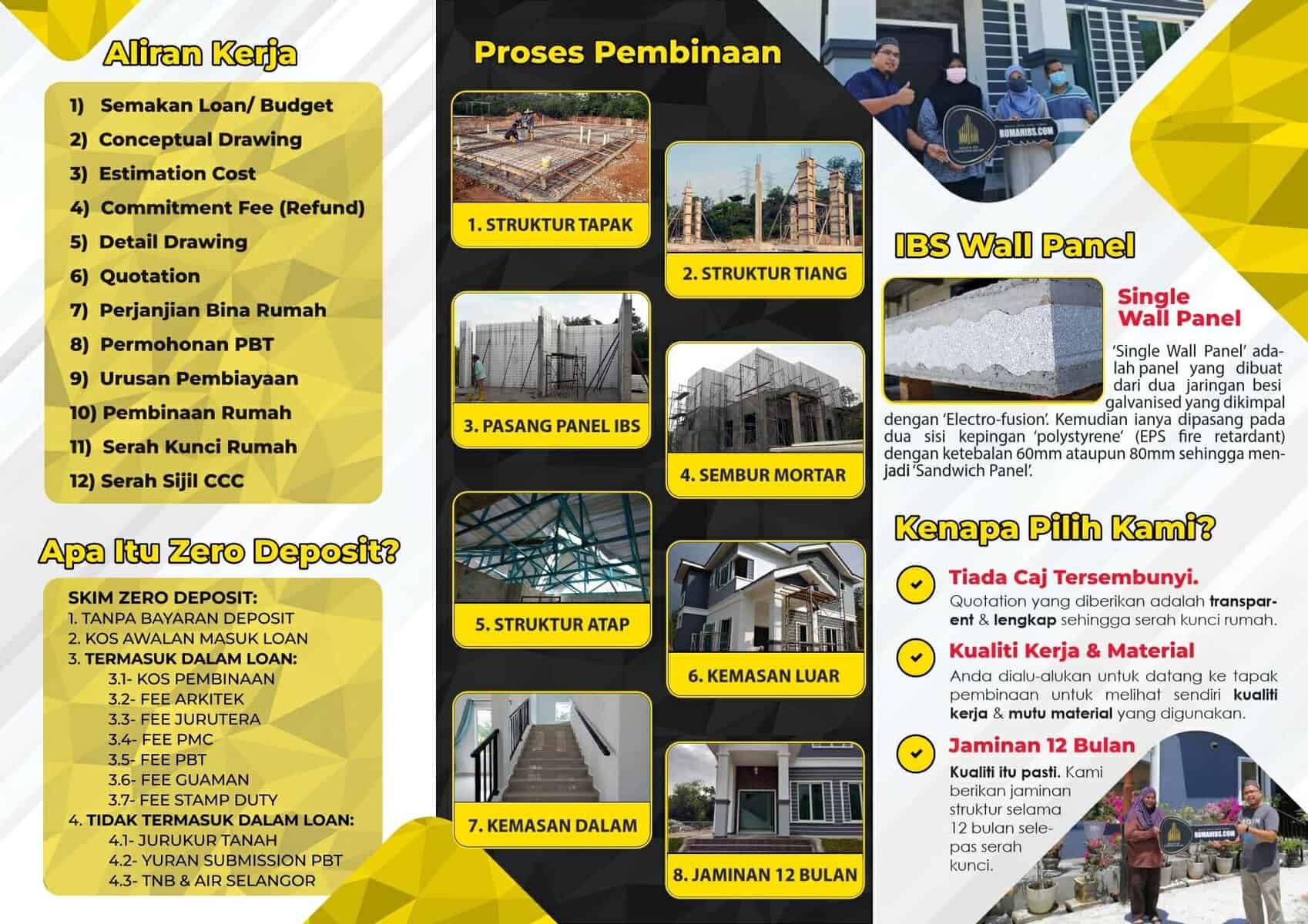
Blog
Identifying and Avoiding Defects in IBS Construction


Identifying and Avoiding Defects in IBS Construction
Table of Contents
- Introduction: Understanding IBS Construction
- Benefits of IBS Construction
- Common Defects in IBS Construction
- 3.1 Foundation and Structural Issues
- 3.2 Inadequate Design and Planning
- 3.3 Material Deficiencies
- 3.4 Poor Workmanship
- 3.5 Lack of Quality Control
- 3.6 Environmental Factors
- Strategies for Identifying Defects in IBS Construction
- 4.1 Pre-Construction Inspections and Assessments
- 4.2 Regular Site Inspections and Monitoring
- 4.3 Testing and Quality Assurance
- 4.4 Collaboration and Communication
- Preventive Measures and Best Practices
- 5.1 Robust Design and Engineering
- 5.2 Proper Training and Skilled Workforce
- 5.3 Quality Assurance Programs
- 5.4 Material Selection and Testing
- 5.5 Adequate Site Preparation and Supervision
- Conclusion
- FAQs
1. Introduction: Understanding IBS Construction
In the realm of construction, Industrialized Building Systems (IBS) have gained significant traction in recent years. This innovative approach entails fabricating building components in a controlled factory environment before transporting them to the construction site for assembly. The adoption of IBS brings forth various benefits, including improved productivity, cost savings, and enhanced quality. However, as with any construction method, IBS construction is not without its challenges. It is crucial to identify and avoid defects in IBS construction to ensure successful project completion and the long-term durability of structures. In this article, we will delve into the topic of identifying and avoiding defects in IBS construction, providing valuable insights and guidelines for stakeholders in the construction industry.
2. Benefits of IBS Construction
Before delving into the identification and avoidance of defects, let’s first explore the numerous benefits associated with IBS construction. Understanding these advantages helps to contextualize the importance of addressing defects in this construction method. The key benefits of IBS construction include:
- Accelerated Construction: IBS construction enables faster project completion as components are fabricated concurrently with site preparation.
- Cost Savings: IBS construction reduces labor costs, minimizes material waste, and optimizes construction schedules, resulting in overall cost savings.
- Improved Quality: The controlled factory environment in IBS construction ensures higher precision and consistency, leading to improved quality and reduced defects.
- Sustainability: IBS construction promotes sustainable practices by reducing waste generation, energy consumption, and site disturbance.
- Flexibility and Customization: IBS allows for design flexibility, enabling architects and designers to create unique structures while reaping the benefits of prefabrication.
3. Common Defects in IBS Construction
Despite the advantages, IBS construction is not impervious to defects. Identifying these defects early on is essential to mitigate potential risks and ensure the structural integrity of the final product. Let’s examine some common defects encountered in IBS construction:
3.1 Foundation and Structural Issues
The foundation is a critical aspect of IBS construction. Improper foundation design or inadequate site preparation can result in structural issues such as settlement, cracking, or uneven load distribution. Thorough site assessments and geotechnical investigations are essential to identify potential foundation problems.
3.2 Inadequate Design and Planning
Insufficient attention to design and planning can lead to compatibility issues, misalignment of components, and compromised structural integrity. It is crucial to involve experienced professionals who understand the intricacies of IBS construction during the design and planning stages.
3.3 Material Deficiencies
Defects in IBS construction can arise from the use of substandard materials. Ensuring that the materials used in the manufacturing of prefabricated components meet the required standards and specifications is crucial. Thorough material testing and quality checks should be conducted to identify and prevent potential material deficiencies.
3.4 Poor Workmanship
Inadequate workmanship during the assembly and installation of prefabricated components can result in defects such as improper joint connections, misalignments, or inadequate sealing. Close supervision and proper training of the workforce are vital to maintain high workmanship standards.
3.5 Lack of Quality Control
The absence of robust quality control processes can result in defects going unnoticed until it is too late. Regular inspections and quality checks throughout the construction process are essential to identify defects early and take corrective actions promptly.
3.6 Environmental Factors
Environmental factors, such as extreme weather conditions or exposure to corrosive elements, can impact the durability of IBS construction. Adequate design considerations, material selection, and protective measures should be implemented to mitigate the effects of environmental factors on the structure.
4. Strategies for Identifying Defects in IBS Construction
To effectively identify defects in IBS construction, several strategies can be implemented. These strategies involve proactive measures and regular monitoring throughout the construction process:
4.1 Pre-Construction Inspections and Assessments
Thorough inspections of the construction site before commencing IBS construction can help identify any potential issues related to site conditions, soil stability, or utilities. This enables the implementation of appropriate measures to mitigate risks.
4.2 Regular Site Inspections and Monitoring
Regular inspections during the construction process allow for the identification of defects at an early stage. These inspections should cover aspects such as foundation works, component installation, joint connections, and adherence to design specifications.
4.3 Testing and Quality Assurance
Testing plays a vital role in identifying defects in IBS construction. Various tests, including material testing, load testing, and structural integrity assessments, should be conducted to ensure the quality and performance of the prefabricated components.
4.4 Collaboration and Communication
Effective collaboration and communication between all stakeholders, including designers, manufacturers, contractors, and site supervisors, are crucial for defect identification. Clear lines of communication ensure that any concerns or deviations from the design are addressed promptly.
5. Preventive Measures and Best Practices
Preventing defects in IBS construction requires the implementation of preventive measures and best practices throughout the construction process. Here are some key considerations:
5.1 Robust Design and Engineering
Thorough design and engineering considerations should be given to IBS construction. This includes compatibility checks, structural analysis, and ensuring the components’ suitability for the intended purpose.
5.2 Proper Training and Skilled Workforce
A skilled workforce is essential for the successful assembly and installation of prefabricated components. Adequate training programs should be implemented to enhance the workforce’s knowledge and skills specific to IBS construction.
5.3 Quality Assurance Programs
Implementing comprehensive quality assurance programs helps ensure that all aspects of IBS construction adhere to the required standards and specifications. This includes regular quality checks, testing, and inspections.
5.4 Material Selection and Testing
Thorough material selection and testing are critical to prevent material-related defects. Materials should be carefully chosen, considering factors such as durability, strength, and compatibility with other components.
5.5 Adequate Site Preparation and Supervision
Proper site preparation, including soil stabilization, utilities identification, and leveling, is crucial for the success of IBS construction. Additionally, diligent site supervision helps identify any deviations from the design or workmanship issues.
6. Conclusion
IBS construction presents an exciting opportunity for the construction industry, offering numerous benefits. However, it is essential to address the potential defects associated with this construction method. By implementing the strategies outlined in this article and adhering to preventive measures and best practices, stakeholders can identify and avoid defects in IBS construction, ensuring the successful completion of projects and the long-term durability of structures.
7. FAQs
Q1: How does IBS construction differ from traditional construction methods? IBS construction involves fabricating building components in a factory environment before assembly on-site, while traditional construction methods involve on-site construction from scratch.
Q2: Can defects in IBS construction be repaired after completion? Defects in IBS construction can be repaired, but it is generally more challenging and costly compared to traditional construction. Therefore, early defect identification and prevention are crucial.
Q3: Are there specific regulations or standards for IBS construction? Different regions may have specific regulations and standards for IBS construction. It is essential to consult local authorities and adhere to the applicable guidelines.
Q4: Can IBS construction be used for all types of buildings? IBS construction can be used for a wide range of building types, including residential, commercial, and industrial structures. However, the suitability of IBS construction depends on various factors, including design requirements and local regulations.
Q5: How can I ensure the quality of prefabricated components used in IBS construction? To ensure the quality of prefabricated components, thorough material testing, adherence to standards, and collaboration with reputable manufacturers are essential. Regular inspections and quality checks should also be conducted.





